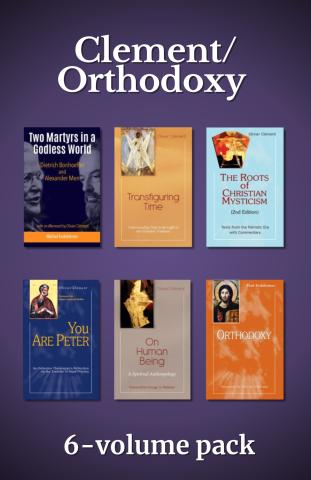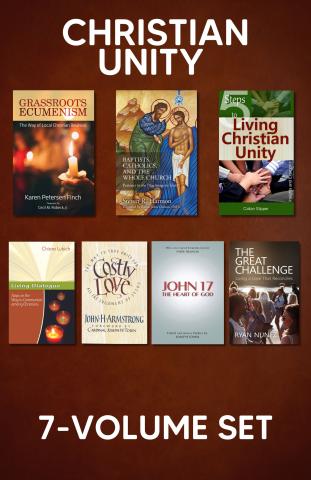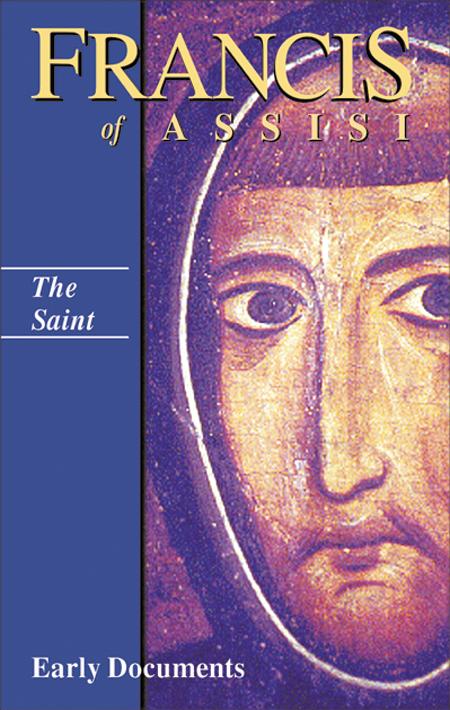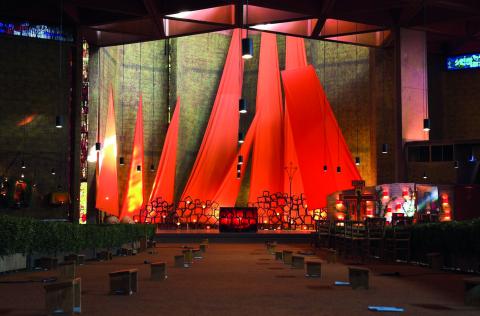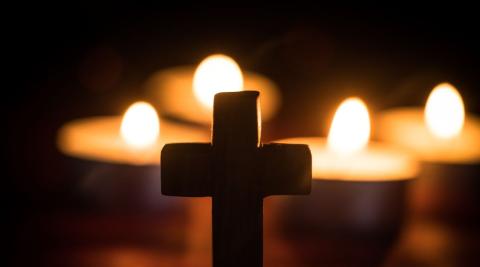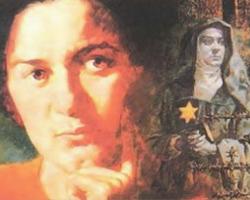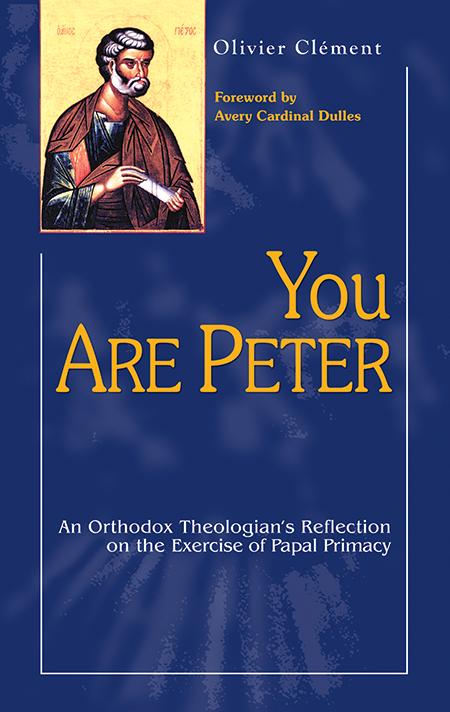
You Are Peter

About the book
In his encyclical, Ut unum sint, John Paul II called for common reflection on the function of papal primacy in the post-Vatican II era. With You Are Peter the great Orthodox theologian Olivier Clément responds to this request with characteristic brilliance. He summarizes the history and experience of the undivided Church, recalls the contrasting developments of Eastern and Western Christianity, and concludes with discussion of the tasks that call us to unity.
Endorsements
Professor Clément’s response to John Paul II is solidly rooted in the Orthodox tradition, and represents the cordial and open mentality characteristic of the theologians of Saint Sergius. I would judge that it is almost exactly the kind of response for which Pope John Paul II was hoping. It is a pleasure to be able to present to English-speaking readers this concise, learned, and articulate presentation.... Professor Clément’s contribution is a beacon of hope for the future.


